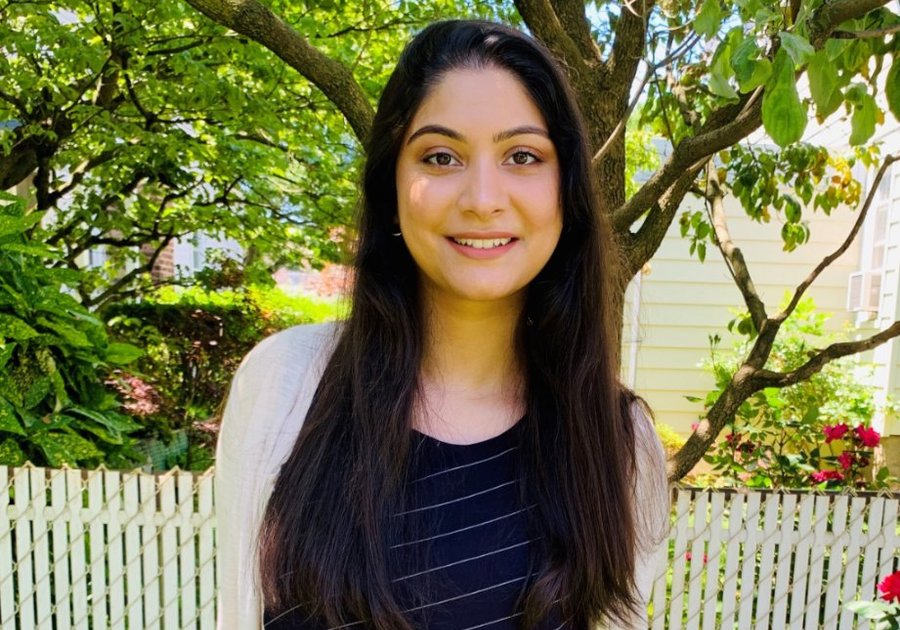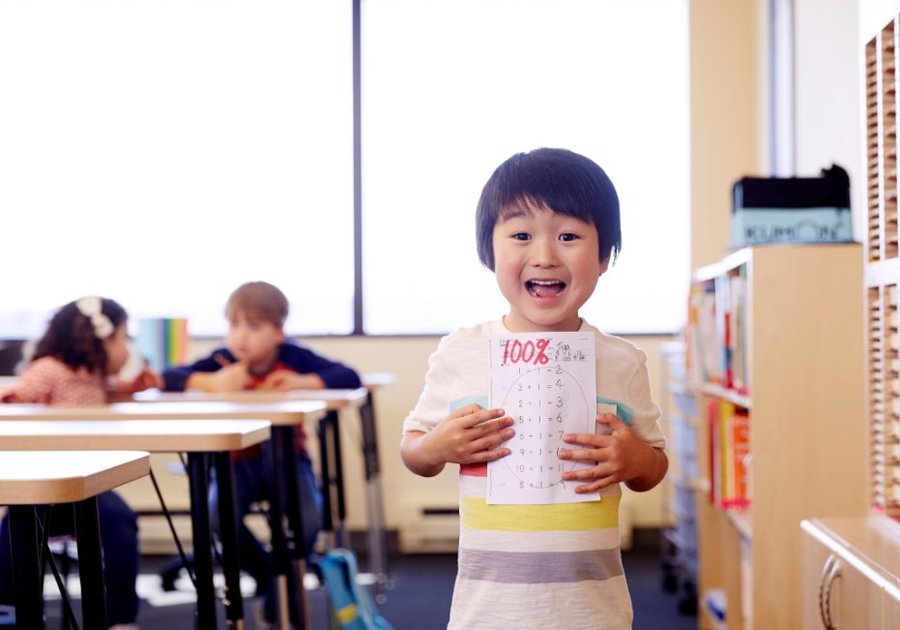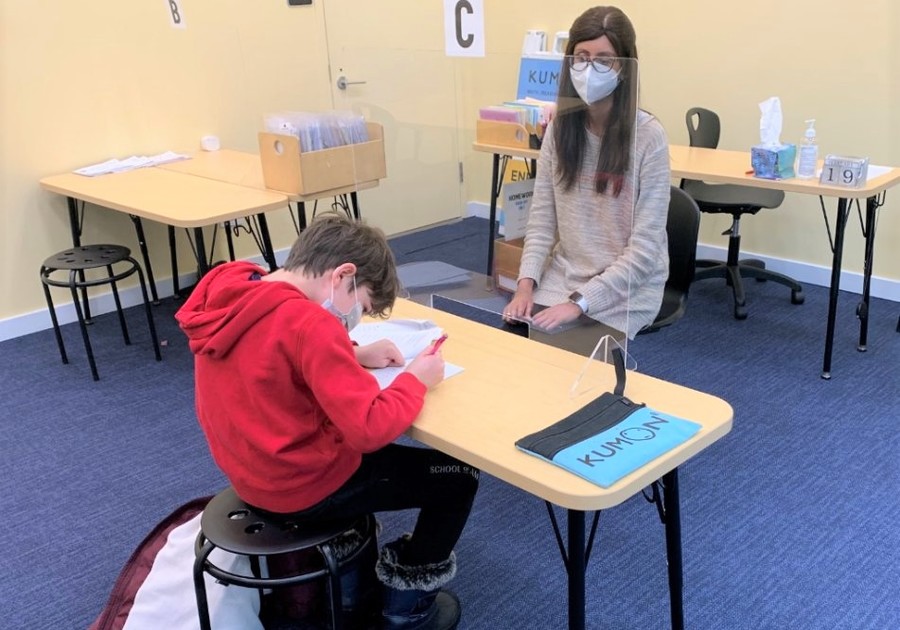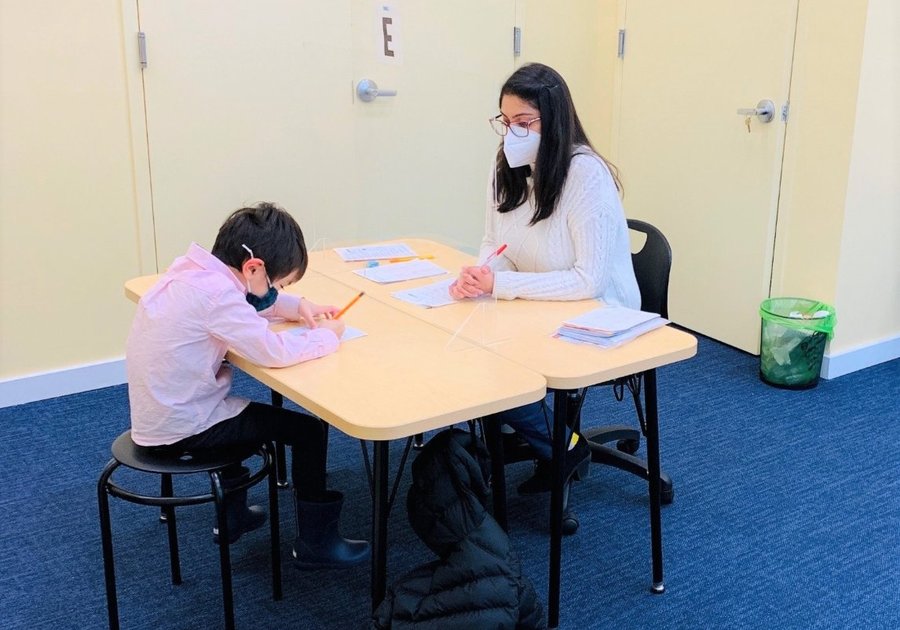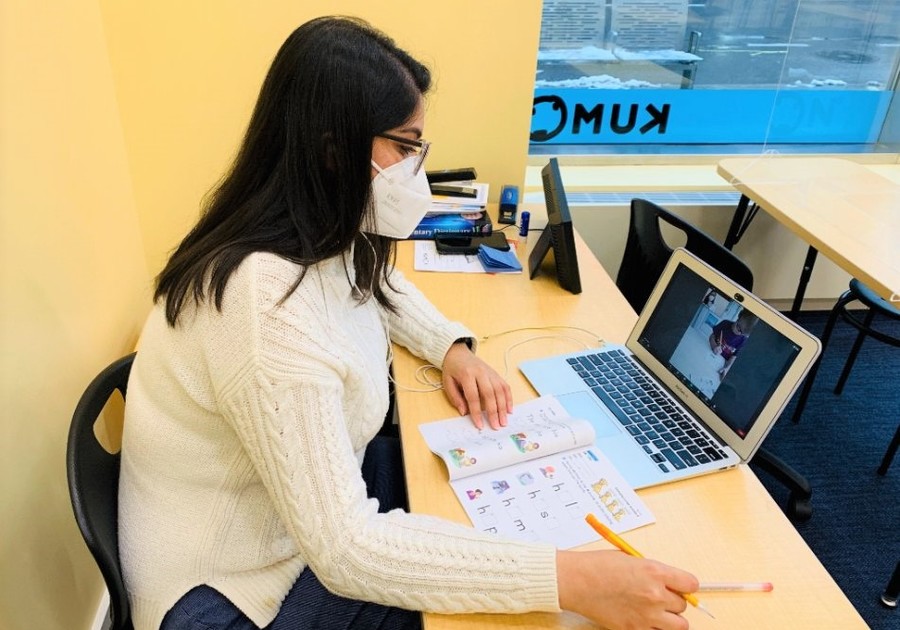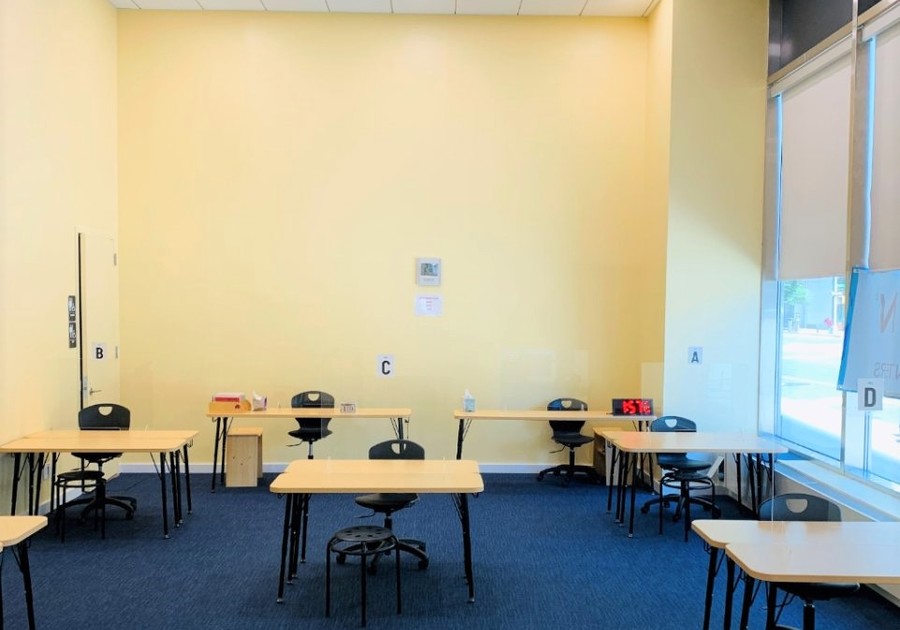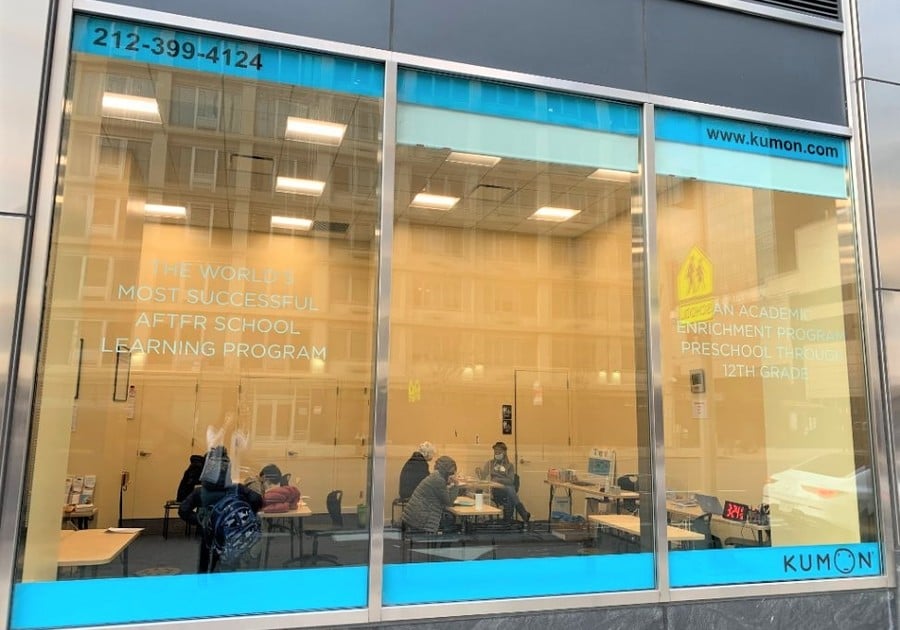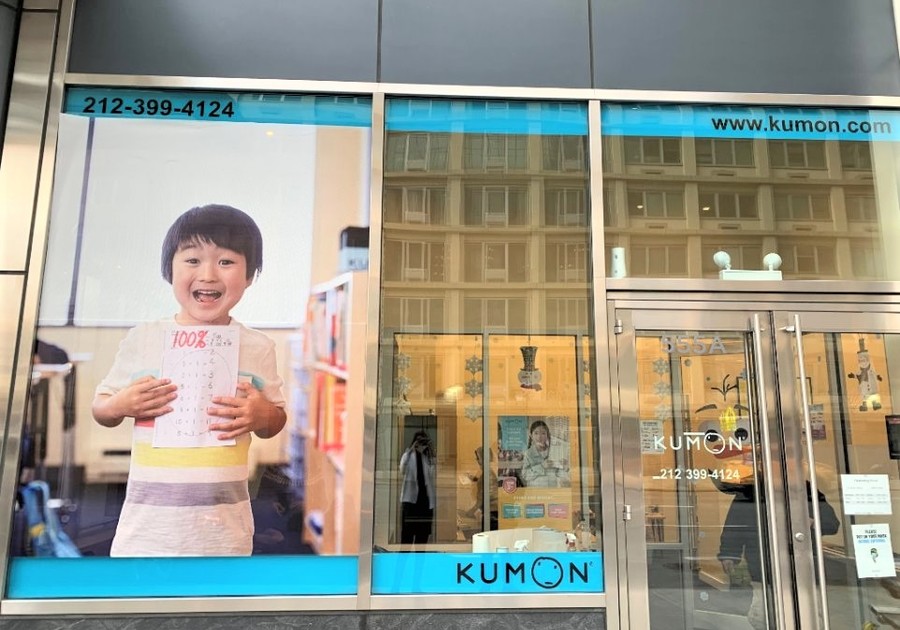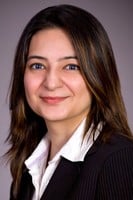Zubreen, please tell us about yourself and your background.
Growing up in a bilingual family, English did not come to me naturally. At the age of eight, my mother decided to enroll me in Kumon to help build confidence and to advance in reading. Fast forward a few years with Kumon, and I was getting achievement awards for my reading and writing comprehension. Later at sixteen, I decided to join the Kumon family by becoming an assistant and working with kids. While working at a Kumon center, I perused a bachelor’s and master’s degree in Electrical and Computer engineering. Although I loved math and science, my passion for working with students was more. After my bachelors, my sister and I decided to start our own Kumon to provide the same opportunity to students as Kumon did for me. As an instructor, I hope to maximize the potential of each of my students by helping them become self-learners and boosting their confidence.
What has been your biggest challenge since you opened Kumon - Midtown West?
Since opening in August of 2019, the biggest challenge so far has been keeping children motivated and focused during COVID-19. Some children learn better with in-person learning, so keeping them motivated through virtual classes has been a challenge. We like to regularly communicate with parents and children to see how they are doing. Along with doing work, we like to keep open communication with students so they are comfortable and confident in sharing their thoughts and answers.
At what age should a parent enroll their kids at Kumon? What is the age range of kids attending Kumon?
As soon as possible! At Kumon, the age ranges from as young as three all the way up to eighteen.
How do you’ll evaluate kids who would like to start the Kumon program?
The evaluation is done through a placement test which will be observed to gauge a child’s abilities in math and reading. Along with the test score, I will also take note of the child’s concentration level, speed, handwriting, and more. I assess the information and determine the starting point that best ensures the child’s success and then design an individualized program around their needs, abilities, and goals.
How are classes structured? How does the Kumon program work?
Due to the pandemic, we are offering both in-person and virtual classes to accommodate all families. Students attend classes twice a week and receive homework for the other five days. Classes are about thirty minutes long per subject and the homework usually takes just as long. When you first enroll your children, we conduct a placement test that identifies the most appropriate starting level for them. Based on their starting level, students will work on daily assignments through what we call a self-learning approach. As they are working on their assignments, we are also assessing whether they have mastered each concept by looking at their speed and accuracy. If they have mastered it, great! They advance to the next level. If they have not, we have them go back to relearn those concepts.
How are classes conducted during COVID-19?
We are offering both in-person and virtual classes. For our in-person classes, all students wear their masks and shields are provided for each desk. We are also limiting the number of individuals in the center at one time, so all our students are scheduled. Our virtual classes provide students with the opportunity to continue their classes even if they are traveling out of NYC.
What are the benefits of studying at Kumon? How is it different from other academic classes?
The difference with Kumon is that children learn how to learn on their own. Kumon instills the skills and mindset necessary to learn new materials without being taught. Students are able to move at their own pace each day through individualized instruction. Other academic classes may not get to the root of the problem. Kumon identifies where the child’s learning started to fall behind, while a tutor may not. Kumon teaches self-learning which keeps children actively engaged. They learn by studying examples that equip them to do the work on their own. This differs from sitting in front of a teacher or a tutor, listening to them explain how to solve the problem. Children learn by doing, not watching, and build the confidence to rely on themselves.
Does Kumon help kids with state tests?
While we don’t specifically do test preparation for state exams, we help our students develop the work skills they need to feel prepared for major standardized exams. For example, the timed assignments help children become comfortable working in test-taking conditions. We also work on strengthening time management and problem-solving skills.
How large is the Kumon franchise?
Currently, there are 1,500 Kumon centers in the United States. Kumon offers learning opportunities in over fifty countries and regions around the world. Although our center is fairly new, Kumon has been around for over sixty years.
To learn more about our program, please see Kumon Math and Reading. You can check out our website or feel free to email or call at (212) 399-4124 with any questions or concerns!
Thank you!

